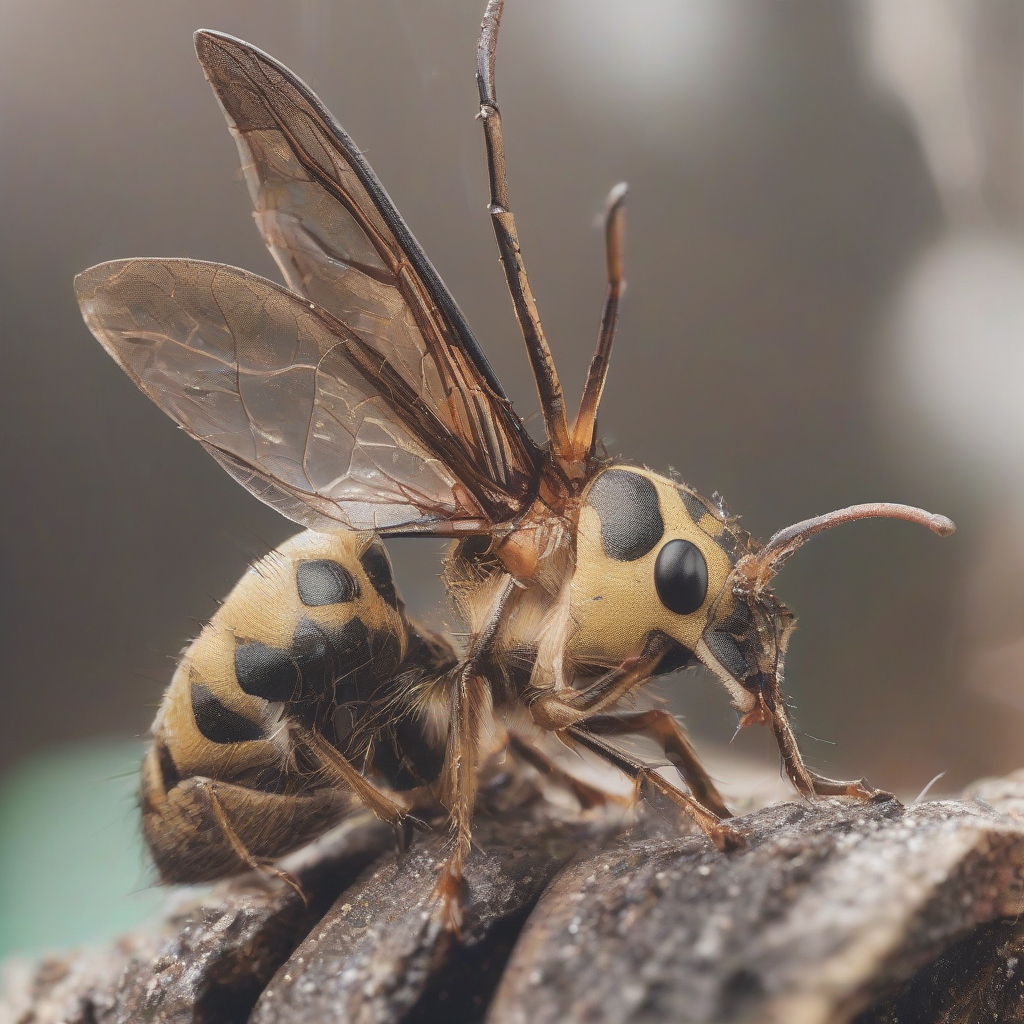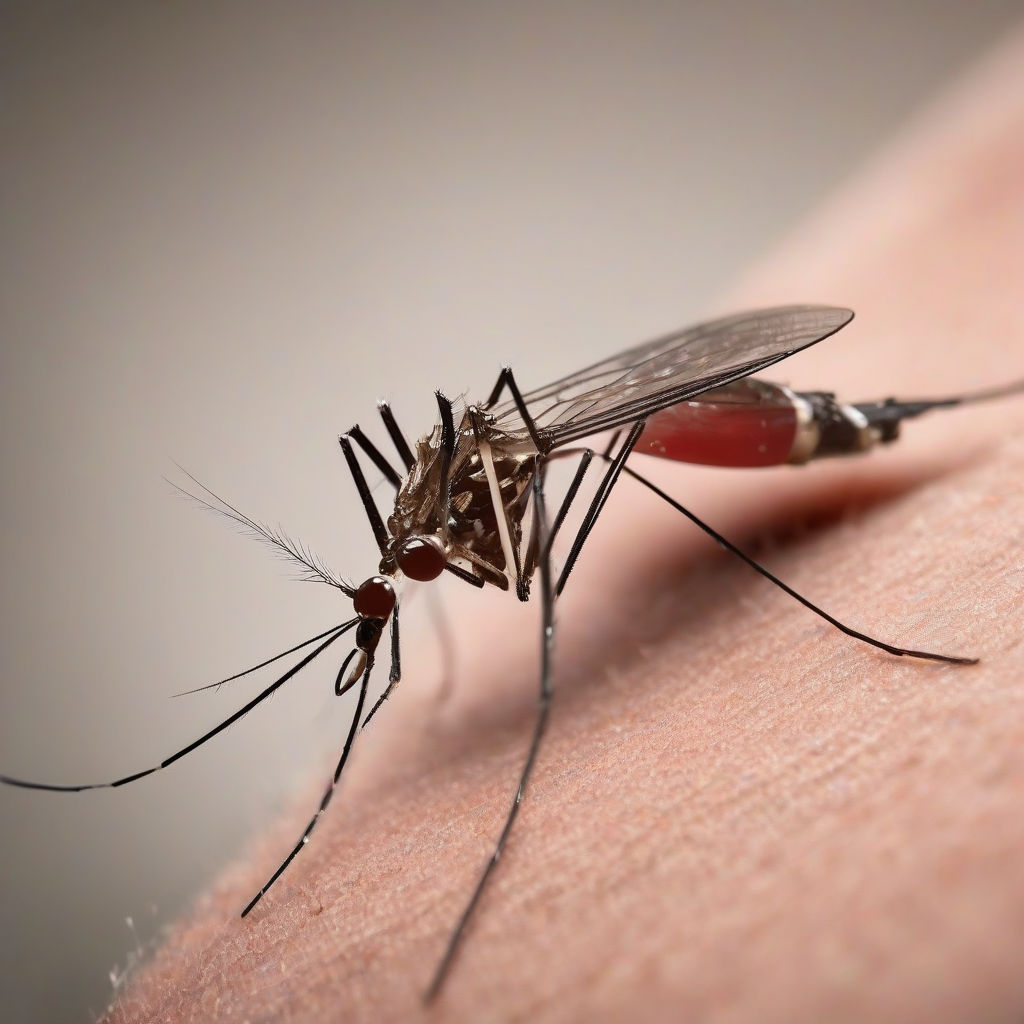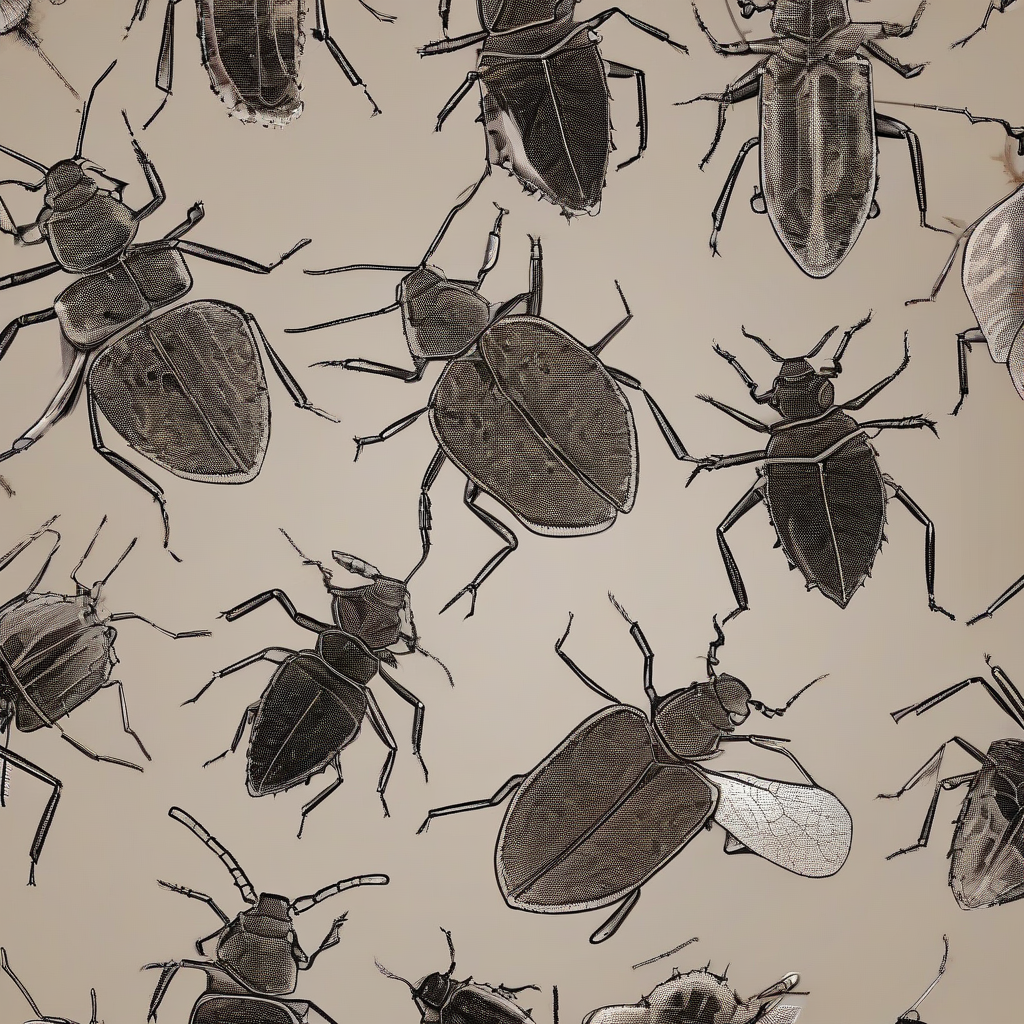Finding the Right Pest Control Exterminator Near Me: A Comprehensive Guide
Dealing with a pest infestation can be stressful and overwhelming. Whether it’s ants in the kitchen, rodents in the attic, or termites damaging your foundation, finding a reliable and effective pest control exterminator is crucial. This guide will walk you through the process of identifying your pest problem, researching local exterminators, and making an informed decision to protect your home and family.
Identifying Your Pest Problem
Before you start searching for an exterminator, it’s vital to accurately identify the pest you’re dealing with. This helps you communicate effectively with potential exterminators and ensures they can provide the most appropriate treatment. Consider the following:
- Type of Pest: Are you dealing with ants, cockroaches, rodents, termites, bed bugs, spiders, or another type of pest?
- Location of Infestation: Where are the pests located in your home or property? Knowing the specific areas affected helps the exterminator assess the extent of the problem.
- Signs of Infestation: Look for droppings, nests, damaged property, or other signs of pest activity. Take pictures if possible to show the exterminator.
- Severity of Infestation: How widespread is the problem? A few ants are different from a full-blown infestation. This will influence the treatment plan and cost.
Researching Local Pest Control Exterminators
Once you’ve identified the pest, it’s time to research local pest control services. Use a variety of methods to ensure a comprehensive search:
- Online Searches: Use search engines like Google, Bing, or DuckDuckGo, searching terms like “pest control near me,” “exterminator near me,” or “pest control [your city/zip code].”
- Online Directories: Check online business directories like Yelp, Angie’s List, and Google My Business for reviews and ratings of local exterminators.
- Local Recommendations: Ask friends, family, neighbors, and colleagues for recommendations. Word-of-mouth referrals can be invaluable.
- Professional Organizations: Check the websites of professional pest control organizations for a list of certified and licensed exterminators in your area.
Evaluating Potential Exterminators
Once you have a list of potential exterminators, thoroughly evaluate them based on several key factors:
- Licensing and Insurance: Ensure the exterminator is properly licensed and insured. This protects you in case of accidents or damage to your property.
- Experience and Expertise: How long has the company been in business? Do they have experience dealing with the specific pest you’re facing? Look for certifications and specializations.
- Treatment Methods: Inquire about their treatment methods. Do they use environmentally friendly products? Do they offer various treatment options to suit your needs and preferences?
- Customer Reviews and Testimonials: Read online reviews and testimonials to gauge customer satisfaction. Pay attention to both positive and negative feedback.
- Pricing and Payment Options: Get detailed quotes from multiple exterminators, comparing pricing, payment plans, and contract terms. Avoid companies with suspiciously low prices.
- Guarantee and Warranty: Does the exterminator offer a guarantee or warranty on their services? This protects you if the treatment is ineffective.
- Communication and Responsiveness: How responsive is the company to your inquiries? Good communication is vital throughout the process.
Asking the Right Questions
When contacting potential exterminators, ask these crucial questions:
- What specific treatments do you offer for [pest type] infestations?
- What are the potential risks and side effects of your treatments?
- What safety precautions do you take to protect my family and pets?
- What is your process for identifying the source of the infestation?
- What is included in your service, and what is not?
- What is your cancellation policy?
- How will you handle any unexpected issues or setbacks?
- Do you offer preventative maintenance services?
- Can you provide references?
Understanding Treatment Methods
Pest control exterminators employ various treatment methods. Understanding these helps you make an informed decision:
- Insecticides: Chemical treatments targeting specific pests.
- Rodenticide: Poisons or traps for rodents.
- Baiting Stations: Strategically placed bait stations to attract and eliminate pests.
- Trapping: Using traps to catch and remove pests.
- Fumigation: A process of filling an enclosed area with gas to eliminate pests.
- Heat Treatment: Using heat to kill pests.
- Integrated Pest Management (IPM): A holistic approach combining various methods to minimize pesticide use while maximizing effectiveness.
Choosing the Right Exterminator
After evaluating potential exterminators, choose the one that best meets your needs and budget. Consider the following:
- Experience and Expertise: Choose an exterminator with proven experience handling your specific pest problem.
- Customer Reviews: Favor companies with consistently positive reviews.
- Treatment Methods: Select an exterminator who uses safe and effective methods aligned with your preferences.
- Pricing and Payment Options: Choose a company that offers a fair price and suitable payment options.
- Guarantee and Warranty: Opt for an exterminator who provides a guarantee or warranty to protect your investment.
Post-Treatment Considerations
Even after treatment, it’s essential to take preventive measures to avoid future infestations:
- Cleanliness: Maintain a clean and clutter-free environment to minimize pest attractants.
- Seal Entry Points: Seal cracks and gaps in your home’s exterior to prevent pests from entering.
- Proper Food Storage: Store food in airtight containers to prevent attracting pests.
- Regular Inspections: Regularly inspect your home for any signs of pest activity.
- Preventative Maintenance: Consider scheduling regular preventative pest control services.
Dealing with Unexpected Issues
Despite careful planning, unexpected issues can arise. Be prepared by:
- Understanding the warranty: Know what is covered and what is not.
- Maintaining open communication: Keep in touch with the exterminator.
- Documenting everything: Keep records of communication, treatments, and any issues.





